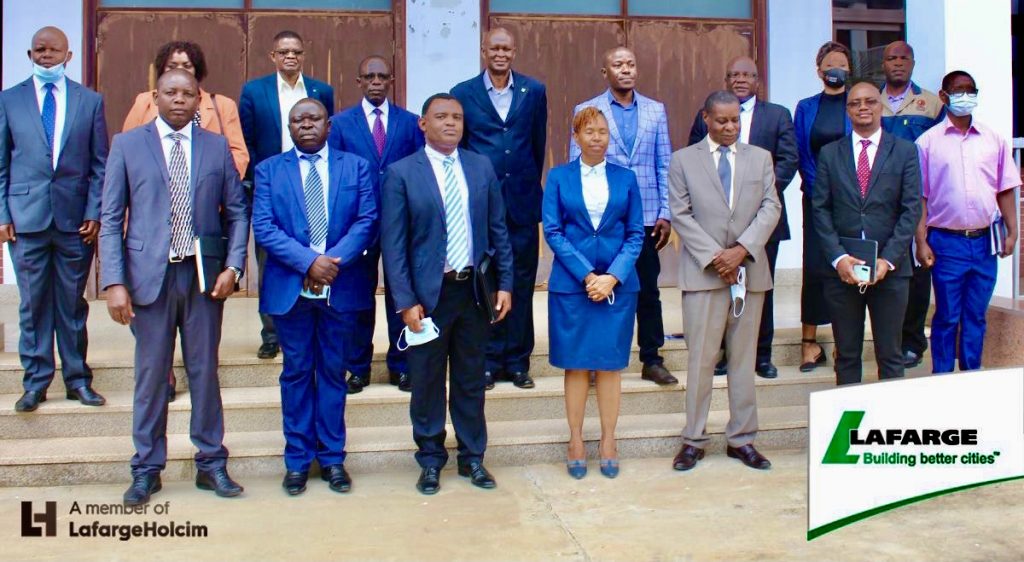Pandemic times have accelerated the pace of global digital transformation and innovation whose period has seen a plethora of witty inventions that Zambia has not been left out on. COVID19 has reshaped corporate social responsibility (CSR) to sustainable responsible investment (SRI) that has seen entities then invest in what really matters to human kind, saving lives. The school of engineering at the University of Zambia in conjunction with the institutions Technology Development and Advisory Unit (TDAU) successfully developed the copper producers debut prototype for a COVID19 respirator, launched on March 23. This was supported financially by SAB Millers local unit, Zambian Breweries and Lafarge Zambia Plc at a cost of K100,000 (circa. $4,504).
Mass production will now be the subsequent phase which the sponsors are well ecstatic about. This medical engineering breakthrough has elated the Zambian authorities who have been shown that indigenous hurdles can be addressed with home-grown solutions.

Speaking during the ventilator’s virtual launch, Zambian Breweries Lusaka Plant Manager Albert Malunga described the creation of the prototype as a huge milestone in the country’s pursuit of self-reliance in medical engineering and the industrialization agenda.
Speaking at the same event, the Chilanga Plant Production Manager Mr. Jonas Kaonga said he was proud that history had been made by launching a locally made ventilator.
The completion of this prototype could not be timelier as Zambia joins the rest of the world to fight the new strain of COVID19. Zambian Breweries and Lafarge Zambia are extremely eager to see the respirator enter mass production and aid Zambia’s fight against the pandemic.
Zambia was impacted by the second wave following super spreader events in last years festive period that saw a spike in mortality and infections. However with the consistent fight put up by the health authorities, infection rates have significantly subsided with positivity rates plummeting to below 5.0% levels. This innovation will not only address the medical equipment bottlenecks that the Southern African nations healthcare space faces but will above all save lives.
The Kwacha Arbitrageur.

